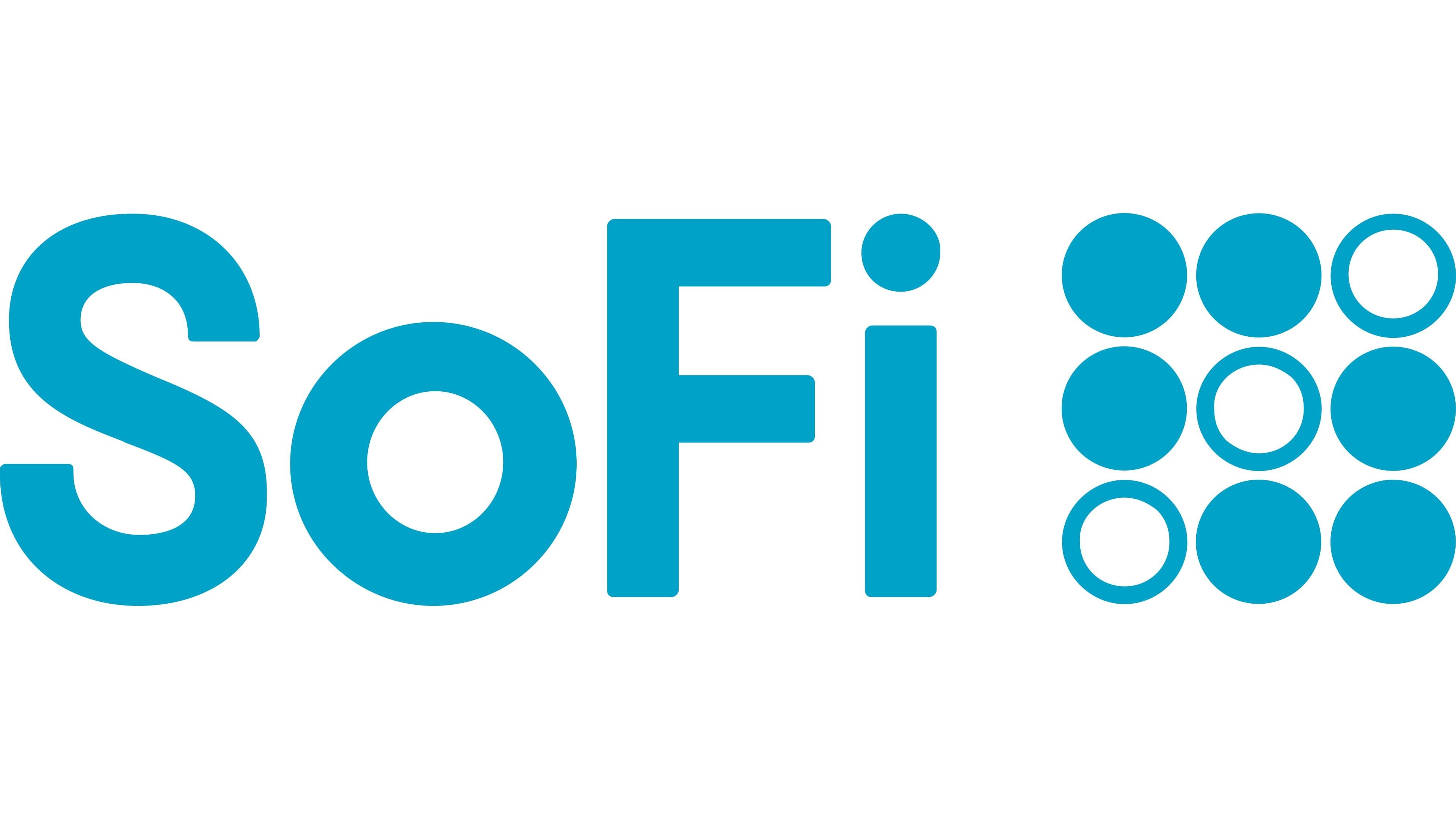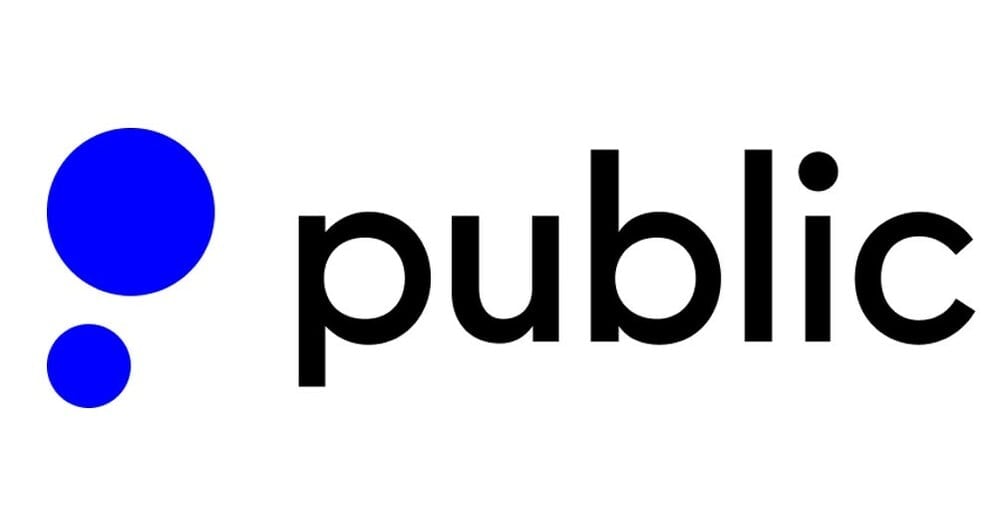10 Best ETF Platforms and Brokers of 2026
+ 1 more
+ 2 more
Many or all of the products on this page are from partners who compensate us when you click to or take an action on their website, but this does not influence our evaluations or ratings. Our opinions are our own.
The investing information provided on this page is for educational purposes only. NerdWallet, Inc. does not offer advisory or brokerage services, nor does it recommend or advise investors to buy or sell particular stocks, securities or other investments.
Why trust NerdWallet
Our deep, independent analysis of online brokers sorts through key account details to find and evaluate the information investors want when choosing an account. To see our full methodology and learn more about our process, read our criteria for evaluating brokers.
Over 60 investment account providers reviewed and rated by our expert Nerds.
More than 50 years of combined experience writing about finance and investing.
Hands-on testing of the account funding process, broker websites and stock-trading platforms.
Dozens of objective ratings rubrics, and strict guidelines to maintain editorial integrity.
Exchange-traded funds, or ETFs, trade like individual stocks but provide the diversification of mutual funds. They also tend to be tax-efficient and many charge low fees.
Here are all of NerdWallet’s picks for the best online brokers for every kind of ETF investor, whether you’re looking for a broker with free commissions, one that offers the broadest range of ETFs or the best platform to help you build and manage a portfolio.
Best ETF Platforms and Brokers
| Broker | NerdWallet rating | Fees | Account minimum | Promotion | Learn more |
|---|---|---|---|---|---|
4.8/5 | $0 per online equity trade | $0 | Up to $500 when you make a qualifying net deposit | Learn moreon partner's site on Charles Schwab's website | |
4.5/5 | $0 per trade. Other fees apply. | $0 | Get up to $1,000 when you open and fund an E*TRADE brokerage account. Terms apply. | Learn moreon partner's site on E*TRADE's website | |
5.0/5 | $0 per trade for online U.S. stocks and ETFs | $0 | None no promotion available at this time | Learn moreon partner's site on Fidelity's website | |
4.5/5 | $0 on trades of stocks, ETFs and their options. Other fees may apply. | $0 | 1 Free Stock after linking your bank account (stock value range $5.00-$200) | Learn moreon partner's site on Robinhood's website | |
4.3/5 | $0 per trade | $0 | Get up to $1,000 when you open and fund a J.P. Morgan Self-Directed Investing account with qualifying new money. | Learn moreon partner's site on J.P. Morgan's website |
- Learn moreon partner's siteon Charles Schwab's websiteNerdWallet rating4.8/5Learn moreon partner's siteon Charles Schwab's website
Fees
$0
per online equity trade
Account minimum
$0
Promotion
Up to $500
when you make a qualifying net deposit
Our Take
ProsCommission-free stock, options and ETF trades.
Five trading platforms with no minimums or fees.
Access to thinkorswim platforms.
Extensive research offerings.
Large fund selection.
ConsLow interest rate on uninvested cash.
Why We Like ItWith its proprietary lineup of index funds and ETFs, Charles Schwab brings affordable ETF investing to the masses. It offers more than 2,400 funds with expense ratios of 0.50% or below.
- Learn moreon partner's siteon Fidelity's websiteNerdWallet rating5.0/5Learn moreon partner's siteon Fidelity's website
Fees
$0
per trade for online U.S. stocks and ETFs
Account minimum
$0
Promotion
None
no promotion available at this time
Our Take
ProsCommission-free stock, options and ETF online US trades.
Large selection of research providers.
Strong customer service.
Expense-ratio-free index funds.
Highly rated mobile app.
High interest rate on uninvested cash.
Great for investors who already have a 401(k) through Fidelity.
ConsRelatively high broker-assisted trade fee.
Why We Like It2026 Best-of Award winner: Fidelity is NerdWallet's pick for the best online broker for beginning investors and the best app for investing. Fidelity is one of the largest and most well-established brokerages, and it shows. Fidelity charges no trading commissions, offers an extensive set of no-fee, no-minimum index funds. It also stands out for its top-notch research tools, a renowned trading platform and very strong customer service.
- Learn moreon partner's siteon Robinhood's websiteNerdWallet rating4.5/5Learn moreon partner's siteon Robinhood's website
Fees
$0
on trades of stocks, ETFs and their options. Other fees may apply.
Account minimum
$0
Promotion
1 Free Stock
after linking your bank account (stock value range $5.00-$200)
Our Take
ProsTrades of stocks, ETFs and their options are commission free. Other fees may apply.
Streamlined interface.
Cryptocurrency trading.
IRA with 1% match (3% for Gold members).
High interest rate on uninvested cash.
ConsNo mutual funds.
Little third-party research.
Why We Like ItAt Robinhood, trades of stocks, ETFs and their options are commission free, as are cryptocurrency trades. (Other fees may apply, including on index options.) Robinhood Gold offers a high interest rate on uninvested cash and low margin rates. The company does not offer mutual funds or individual bonds.
- Learn moreon partner's siteon J.P. Morgan's websiteNerdWallet rating4.3/5Learn moreon partner's siteon J.P. Morgan's website
Fees
$0
per trade
Account minimum
$0
Promotion
Get up to $1,000
when you open and fund a J.P. Morgan Self-Directed Investing account with qualifying new money.
Our Take
ProsCommission-free stock, options and ETF trades.
Easy-to-use platform.
App connects all Chase accounts.
In-person customer support at Chase branches.
ConsLow interest rate on uninvested cash
Why We Like ItJ.P. Morgan Self-Directed Investing is a clear-cut investment platform that is great for beginners looking to learn how to buy and sell investments. More advanced investors, however, may find it lacking in terms of available assets, tools and research. J.P. Morgan offers 3,000 no-transaction-fee mutual funds, fractional shares in ETFs and fee-free bond ETFs.
- Learn moreon partner's siteon SoFi Invest®'s websiteNerdWallet rating4.6/5Learn moreon partner's siteon SoFi Invest®'s website
Fees
$0
per trade
Account minimum
$0
Promotion
Get up to $1,000
in stock when you open & fund a new Active Invest account. Terms & Conditions Apply.
Our Take
ProsNo commissions on stock, options and ETF trades.
IPO access.
1% IRA match for members.
ConsLow interest rate on uninvested cash.
Why We Like ItSoFi Active Investing's $0 trading commission, fractional shares and $0 account minimum are attractive to new investors. More advanced investors will appreciate the company's wide mutual fund selection and IPO access.
- Learn moreon partner's siteon Public's websiteNerdWallet rating4.4/5Learn moreon partner's siteon Public's website
Fees
$0
Account minimum
$0
Promotion
Earn a 1% uncapped match
when you transfer your investment portfolio to Public.
Our Take
ProsCommission-free stock, options and ETF trades.
Rebates for trading options.
Easy-to-use signup and trading interface.
High interest rate on uninvested cash.
ConsNo mutual funds.
Lack of tools (e.g. customizable investment screeners).
Why We Like ItPublic provides free stock and ETF trades, pays you to trade options, and gives traders access to crypto and bonds, as well as a high-yield cash account. The platform will appeal to traders looking for a low-cost options broker and access to many types of assets.
- Learn moreon partner's siteon Webull's websiteNerdWallet rating5.0/5Learn moreon partner's siteon Webull's website
Fees
$0
per trade
Account minimum
$0
Promotion
Up to 4% match (up to $2M)
when you open and fund an account with Webull
Our Take
ProsCommission-free stock, options and ETF trades.
Easy-to-use platform.
Advanced tools.
High interest rate on uninvested cash.
High order execution quality.
ConsNo mutual funds.
Why We Like ItWebull will appeal to the mobile-first generation of casual investors with its slick interface for desktop and mobile apps. The brokerage also delivers an impressive array of tools for active traders and a wide investment selection, including stocks (plus fractional shares), options, ETFs, crypto, commodities and futures. However, it lacks access to mutual funds.
- NerdWallet rating4.2/5
Fees
$0
per trade
Account minimum
$0
Promotion
None
no promotion available at this time
Our Take
ProsCommission-free stock, options and ETF trades.
Leader in low-cost mutual, index and exchange-traded funds.
High interest rate on uninvested cash.
High order execution quality.
ConsBasic trading platform only.
Limited research and data.
No fractional shares for stocks.
Why We Like ItVanguard is the king of low-cost investing, making it ideal for buy-and-hold and retirement investors. It offers a top-notch selection of proprietary, low-cost mutual funds, including many ESG options. Despite its $0 trade commission, active traders will find the broker falls short due to the lack of a strong trading platform.
- NerdWallet rating5.0/5
Fees
$0
per trade
Account minimum
$0
Promotion
None
no promotion available at this time
Our Take
ProsCommission-free stock, options and ETF trades.
Large investment selection.
Strong research and tools.
Huge selection of no-transaction-fee mutual funds.
High order execution quality.
ConsHigh minimum to earn interest on uninvested cash.
Website can be difficult to navigate for beginner investors.
Why We Like It2026 Best-of Award winner: Interactive Brokers is NerdWallet's pick for the best online broker for advanced traders. Don't let the name fool you: IBKR Lite offers commission-free stock trading (including international trade capabilities), more than 21,000 mutual funds, and a well-featured platform.
Want to compare more options? Here are our other top picks:
Last updated on February 2, 2026
Methodology
NerdWallet’s comprehensive review process evaluates and ranks the largest U.S. brokers. Our aim is to provide an independent assessment of providers to help arm you with information to make sound, informed judgements on which ones will best meet your needs. We adhere to strict guidelines for editorial integrity.
We collect data directly from providers through detailed questionnaires, and conduct first-hand testing and observation through provider demonstrations. The questionnaire answers, combined with demonstrations, interviews of personnel at the providers and our specialists’ hands-on research, fuel our proprietary assessment process that scores each provider’s performance across more than 20 factors. The final output produces star ratings from poor (one star) to excellent (five stars).
For more details about the categories considered when rating providers and our processes, read our full broker ratings methodology.
NerdWallet's Best ETF Platforms and Brokers of 2026
Frequently asked questions
How do ETFs work?
ETFs allow investors to invest in a diversified selection of stocks, bonds or other investments in a single transaction. Like mutual funds, ETFs pool investor money to purchase shares of a number of different investments.
Those investments generally mimic a benchmark, like the S&P 500. ETF investors don’t own the underlying assets in the fund — the ETF provider maintains ownership. Instead, ETF shareholders own a portion of the ETF itself.
ETFs are traded on an exchange, much like an individual stock, which means they can be bought and sold throughout the day. You can read more about ETFs in this explainer: What is an ETF?
Are ETFs a safe investment?
All investments carry risk, and ETFs are no exception. But, since ETFs have built-in diversification, similar to mutual funds, risk is generally lower than it is in trading any one company stock or bond. Still, most ETFs mirror an underlying asset or index, which can rise and fall in value depending on market conditions.
Other risks include the liquidity of the fund (that is, how easily you can buy or sell the ETF) and the potential for the fund to close down.
How much do ETFs cost?
Like any investment, that varies. As with mutual funds, ETF costs come from a couple of different directions.
Because ETFs trade on an exchange, they can be subject to broker stock commissions. However, many brokers allow you to buy or sell ETFs with no commission.
As with any fund, ETFs charge an expense ratio to pass the cost of administering the fund on to investors. The expense ratio is an annual fee, expressed as a percentage of your investment: a 1% expense ratio costs $10 a year for every $1,000 you invest in the fund. In general, because ETFs passively track a benchmark, their expenses tend to be lower than what you’d pay for an actively managed mutual fund. Take a look at average fund expense ratios so you know where your ETF stands.
How do you trade ETFs?
To trade ETFs, you’ll need an account with an online broker. If you don’t have one, you can open one with one of the companies listed above in about 15 minutes — the whole process can typically be done online. Here's the step-by-step of how to open a brokerage account.
Once the account is funded, you can purchase ETFs using their ticker symbol, very similar to the way you buy stocks. You’ll place an order on your broker’s website or online trading platform with the ETF’s ticker, the order type and the number of shares you’d like to purchase. Read our step-by-step guide to buying an ETF.
What are the advantages of ETFs?
ETFs combine the flexibility of stock trading with the instant diversification of mutual funds. As most ETFs are passively managed — tracking a benchmark index rather than trying to beat market returns — management fees are on average about one-third lower than that of actively traded mutual funds. Costs are transparent, and the value of the fund’s holdings are reported at the end of each day (as opposed to monthly or quarterly for mutual funds).
ETFs often are more tax-efficient than mutual funds because they typically draw lower capital gains taxes. Investors might pay only upon the sale of the ETF, whereas mutual fund investors can incur capital gains taxes throughout the life of the investment.
What’s the difference between an ETF and a mutual fund?
The main difference is in how these funds invest, and how they’re bought and sold. As we noted above, ETFs can be traded throughout the day, leading to the kind of price fluctuations you might see with individual stocks. Mutual funds are typically purchased from fund companies rather than other investors and are priced once a day after the market has closed.
Though ETFs can be actively managed, most are passive, tracking an index. Many mutual funds are actively managed and employ a professional to pick and choose investments, which can result in higher fees.
Here’s our full comparison of ETFs and mutual funds.
What's the difference between an ETF and a stock?
Like stocks, ETFs are traded on exchanges like the New York Stock Exchange (hence the name, exchange-traded funds). But unlike a stock, which buys assets in one publicly traded company, an ETF tracks an index, a basket of securities, bonds or other assets.
Do ETFs have minimum investments?
Because they are traded for a share price, you don’t run into the typical mutual fund minimums, which can be $1,000 or more. You can purchase an ETF share for as little as $10 or $20 in some cases. Robo-advisors that use ETFs in their portfolios may even allow you to buy fractional shares — portions of a fund smaller than a single share.
That said, some brokers have account minimums, though there are quite a few options above that do not.
Do ETFs pay dividends?
Yes — if the portfolio owned by the ETF includes equities such dividend-paying stocks. These can be paid monthly or on some other time frame, depending on the ETF. If you're interested in this type of income, view our list of the best dividend ETFs.
Can you reinvest ETF dividends?
Yes, you can use dividends to acquire more shares in the same ETF, but there may be commissions for reinvesting dividends. Check with your brokerage to learn more, or review our list of the best brokerage accounts for dividend investing.











